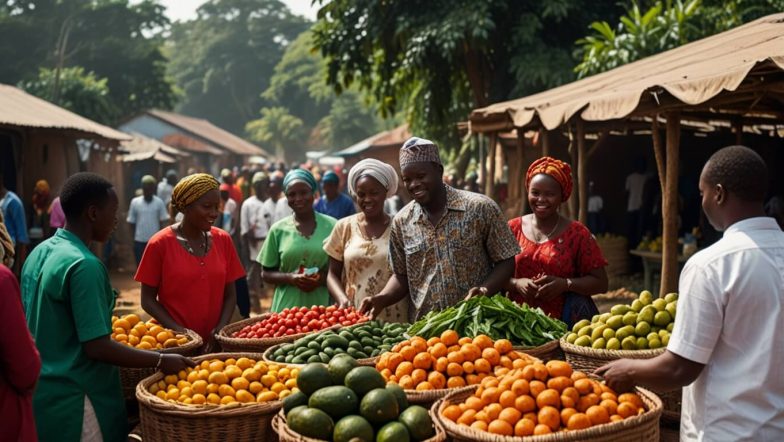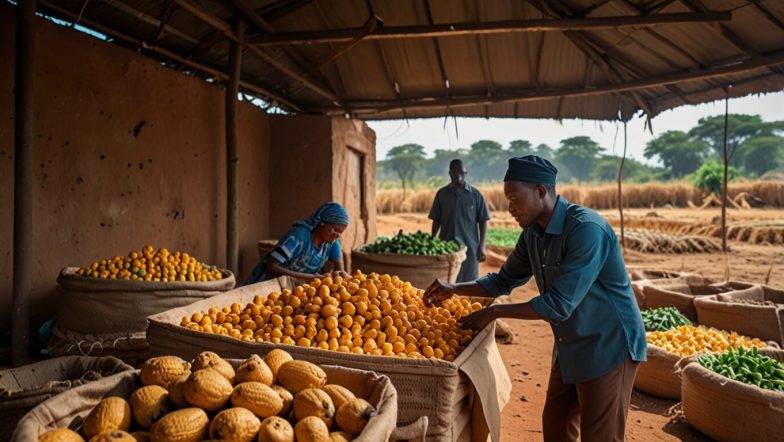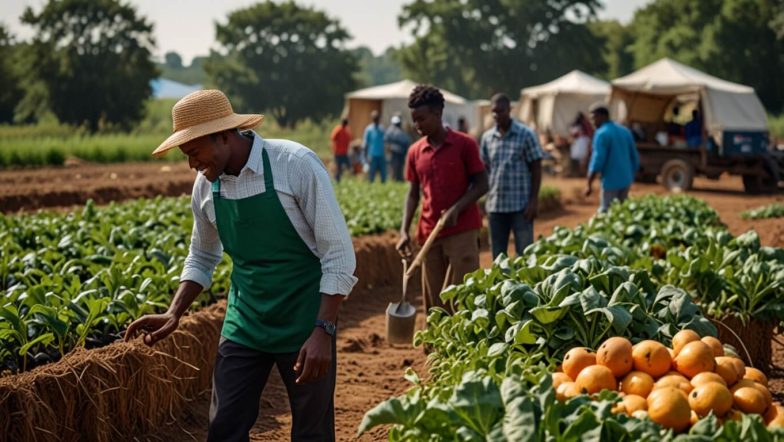In Nigeria, where agriculture forms the backbone of the economy and society, supporting local farmers is essential. With every meal, there lies an opportunity to strengthen local economies, enhance food security, and promote sustainable practices.
This article touches the significance of choosing locally sourced ingredients and how such choices impact health, the environment, and Nigerian communities.
1. Strengthening Local Economies
When Nigerians choose to buy food produced by local farmers, they directly contribute to the local economy. Money spent on locally grown produce stays within the community, supporting farmers and their families.
This economic loop creates jobs, supports local businesses, and fosters community development. Furthermore, it reduces the dependency on imports, ensuring that more of the nation’s wealth remains within its borders.
2. Enhancing Nutritional Value and Food Security
Locally sourced foods are often fresher, retaining more nutrients than food that has traveled long distances. This freshness directly translates to better health outcomes for the community, with access to produce that’s rich in vitamins, minerals, and antioxidants.
Additionally, by supporting local farmers, Nigeria can achieve greater food sovereignty, reducing the risk of food shortages and ensuring that there’s always enough nutritious food to go around.
3. Promoting Sustainable Agricultural Practices
Local farmers are more likely to engage in sustainable farming practices that maintain soil health, conserve water, and reduce the use of harmful pesticides and fertilizers.
By supporting these farmers, consumers encourage environmentally friendly agriculture that preserves Nigeria’s natural resources for future generations. This approach aligns with the global movement towards sustainability and combating climate change.
4. Fostering a Connection to Food and Community
Buying locally grown food helps Nigerians connect with their food sources and understand the journey from farm to plate. This awareness fosters a deeper appreciation for the hard work that goes into agriculture and strengthens community bonds.
It encourages a culture of mutual support, where consumers know their farmers, understand the challenges they face, and actively participate in creating solutions.
Conclusion
Supporting local farmers is a powerful act of community building, health promotion, and environmental stewardship. It embodies a commitment to nurturing our land and those that contribute to our sustainance.







Leave a comment